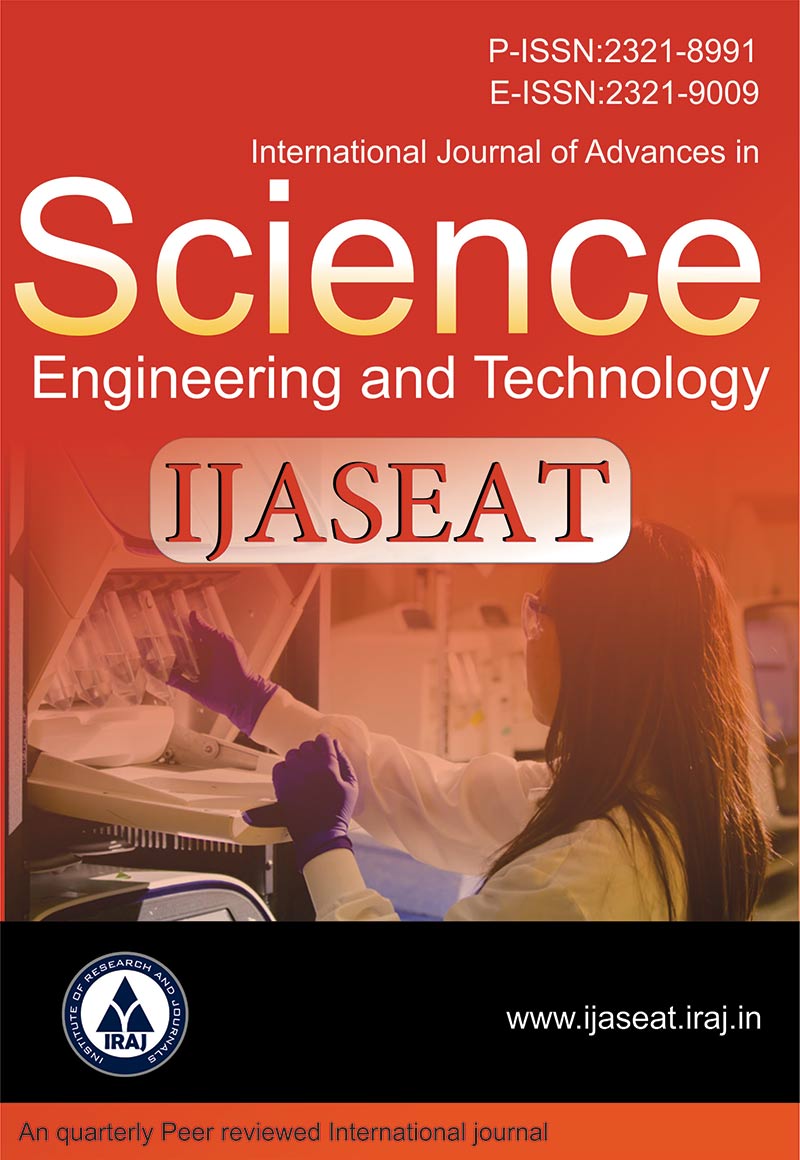Publish In |
International Journal of Advances in Science, Engineering and Technology(IJASEAT)-IJASEAT |
 Journal Home Volume Issue |
||||||||
Issue |
Volume-5,Issue-1 (2017) ( Jan, 2017 ) | |||||||||
Paper Title |
Medium-Scale Multi-Juice Extractor For Food Processing | |||||||||
Author Name |
Flordeliza L. Mercado, Teresito G. Aguinaldo, Helen F. Gavino, Victorino T. Taylan | |||||||||
Affilition |
College of Engineering, Central Luzon State University, Philippines | |||||||||
Pages |
106-111 | |||||||||
Abstract |
Most fruits and vegetables are available in large quantities during peak season which are oftentimes marketed at low price and left to rot or fed to farm animals. The lack of efficient storage facilities, and the additional cost and unavailability of small machinery for food processing, results to low price and wastage. Incidentally, processed fresh fruits and vegetables are gaining importance nowadays and health conscious people are also into “juicing”. One way to reduce wastage and ensure an all-season availability of crop juices at reasonable costs is to develop equipment for effective extraction of juice. The study was conducted to design, fabricate and evaluate a multi-juice extractor using locally available materials, making it relatively cheaper and affordable for medium-scale enterprises. The study was also conducted to formulate juice blends using extracted juices and calamansi juice at different blending percentage, and evaluate its chemical properties and sensory attributes. Furthermore, the chemical properties of extracted meals were evaluated for future applications. The multi-juice extractor has an overall dimension of 963mm x 300mm x 995mm, a gross weight of 82kg and 5 major components namely; feeding hopper, extracting chamber, juice and meal outlet, transmission assembly, and frame. The machine performance was evaluated based on juice recovery, extraction efficiency, extraction rate, extraction recovery, and extraction loss considering type of crop as apple and carrot with three replications each and was analyzed using T-test. The formulated juice blends were subjected to sensory evaluation and data gathered were analyzed using Analysis of Variance appropriate for Complete Randomized Design. Results showed that the machine’s juice recovery (73.39%), extraction rate (16.40li/hr), and extraction efficiency (88.11%) for apple were significantly higher than for carrot while extraction recovery (99.88%) was higher for apple than for carrot. Extraction loss (0.12%) was lower for apple than for carrot, but was not significantly affected by crop. Based on adding percentage mark-up on extraction cost (Php 2.75/kg), the breakeven weight and payback period for a 35% mark-up is 4,710.69kg and 1.22 years, respectively and for a 50% mark-up, the breakeven weight is 3,492.41kg and the payback period is 0.86 year (10.32 months). Results on the sensory evaluation of juice blends showed that the type of juice significantly influenced all the sensory parameters while the blending percentage including their respective interaction, had no significant effect on all sensory parameters, making the apple-calamansi juice blend more preferred than the carrot-calamansi juice blend in terms of all the sensory parameter. The machine’s performance is higher for apple than for carrot and the cost analysis on the use of the machine revealed that it is financially viable with a payback period of 1.22 years (35% mark-up) and 0.86 year (50% mark-up) for machine cost, generating an income of Php 23,961.60 and Php 34,444.80 per year using 35% and 50% mark-up, respectively. The juice blends were of good qualities based on the values obtained in the chemical analysis and the extracted meal could also be used to produce a new product based on the values obtained from proximate analysis. Index Terms- Food Processing, Fruits and Vegetables, Juice Extraction, Multi-juice Extractor. | |||||||||
| View Paper | ||||||||||